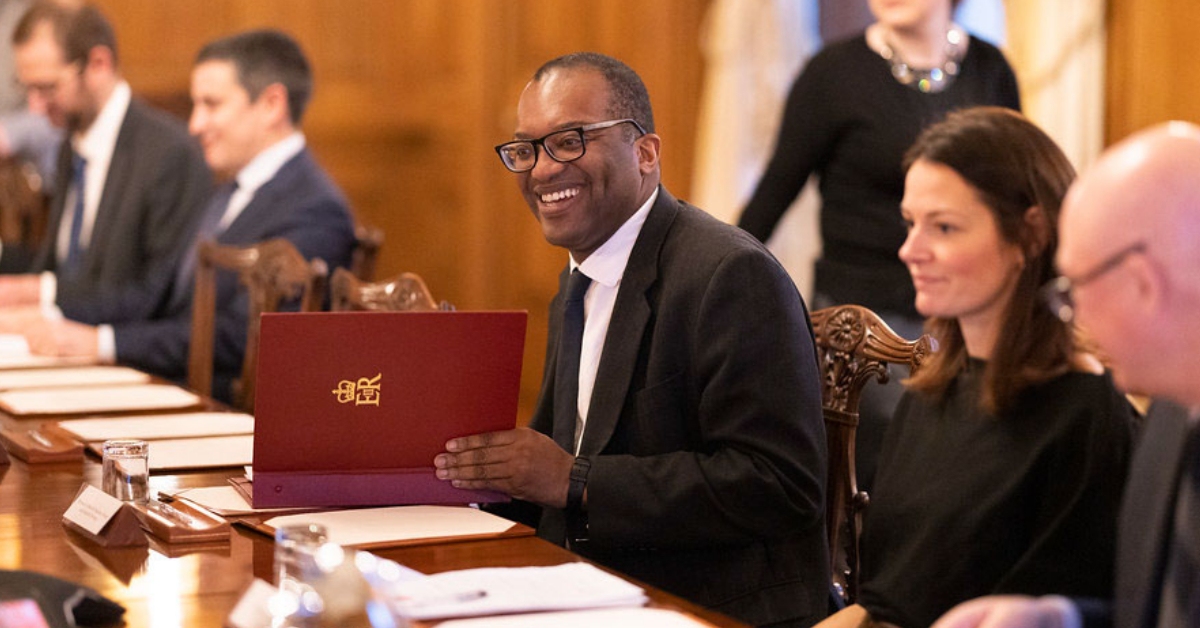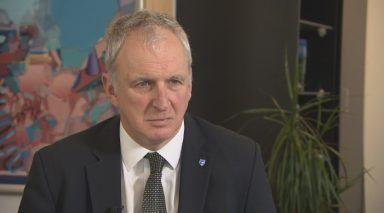The UK Government will be “bold and unashamed” in pursuing economic growth, even when that means taking “difficult decisions”, chancellor Kwasi Kwarteng has insisted.
It comes ahead of a mini-budget being set out by Kwarteng in the House of Commons on Friday.
On Thursday, the Treasury confirmed that the National Insurance (NI) rise will be reversed from November 6.
Halting a planned increase in corporation tax and ending the cap on bankers’ bonuses is also expected to be announced.
The Institute for Fiscal Studies has warned that reversing NI contributions and scrapping the corporation tax rise would “leave debt on an unsustainable path” in the UK.
However, Prime Minister Liz Truss has argued that cutting corporation tax could help to stimulate economic growth.
Among other measures, Kwarteng is expected to announce that more part-time workers could have their Universal Credit reduced if they do not take “active steps” to work more.
In his statement to Parliament on Friday, the chancellor will set out details of a ‘Growth Plan’.
The Government has indicated that this will include a “major package” of measures to tackle high energy bills, drive down inflation and cut taxes.
It includes plans to establish new investment zones in the UK which would provide “generous, targeted and time-limited” tax cuts for businesses.
Ministers hope that the zones will encourage investment in new amenities such as shopping centres, restaurants, apartments and offices.
The zones will be developed in partnership with local leaders across the UK.
Speaking ahead of setting out the mini-budget, Kwarteng pledged to break the “cycle of stagnation” in the country.
“Growth is not as high as it needs to be, which has made it harder to pay for public services, requiring taxes to rise,” said the chancellor.
“This cycle of stagnation has led to the tax burden being forecast to reach the highest levels since the late 1940s.
“We are determined to break that cycle. We need a new approach for a new era focused on growth.
“That is how we will deliver higher wages, greater opportunities and sufficient revenue to fund our public services, now and into the future.
“That is how we will compete successfully with dynamic economies around the world. That is how we will turn the vicious cycle of stagnation into a virtuous cycle of growth.”
The chancellor added: “We will be bold and unashamed in pursuing growth – even where that means taking difficult decisions. The work of delivery begins today.”
Follow STV News on WhatsApp
Scan the QR code on your mobile device for all the latest news from around the country


 Simon Dawson/No 10 via iStock
Simon Dawson/No 10 via iStock

























